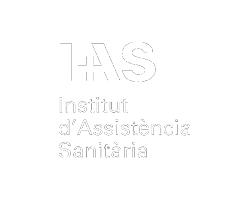General information about ADHD
In these sections the user will be able to access information about ADHD, its repercussions, the available medications and the adverse effects they produce. We hope that this information will be useful in deciding on ADHD treatment preferences.
Tics
Some medications used to treat ADHD cause tics. These are sudden, repeated, involuntary muscle movements, usually in the face or neck. Medications that cause this adverse side effect do so very often. However, this side effect is usually mild and remits when the patient stops taking the treatment.
How is ADHD treatment related to tics?
Some medications used to treat ADHD cause tics. Tics are sudden, repeated, involuntary movements of a small group of muscles, and usually occur in the face or neck. If a patient already has a tic before starting treatment with medication, the medication can increase the frequency and severity of the tic. In short-term studies, 2-3% of patients are found to have this adverse side effect, although it is unclear to what degree this is higher in patients not receiving active treatment. Despite being an annoying side effect, it is usually mild and improves by decreasing the treatment dose and remits when treatment is withdrawn.
Do you need to make a clinical decision?
EVIMATIC® is the first digital health tool that generates decentralized, automated, personalized, participatory and explanatory treatment recommendations that are presented in the format of clinical practice guidelines.
Do you need to make a clinical decision?
EVIMATIC® is the first digital health tool that generates decentralized, automated, personalized, participatory and explanatory treatment recommendations that are presented in the format of clinical practice guidelines.













